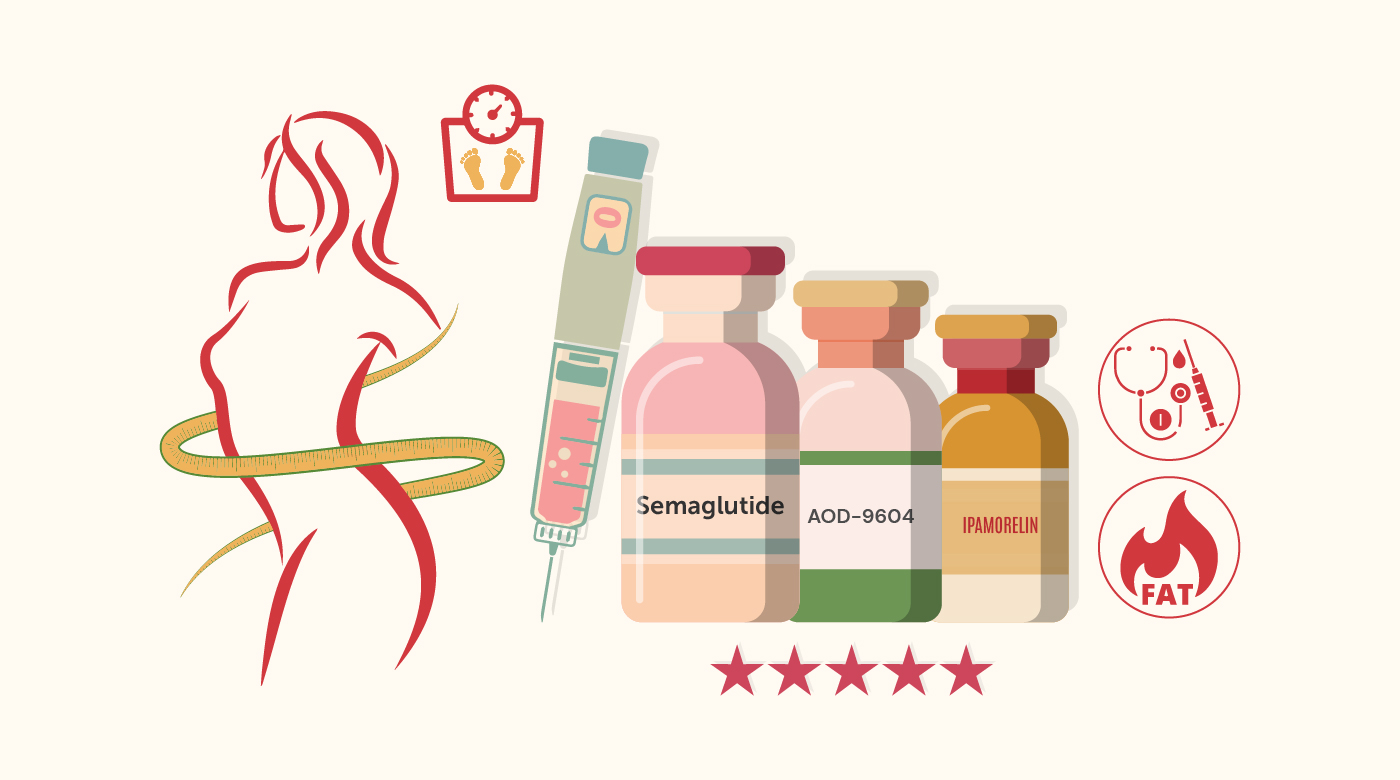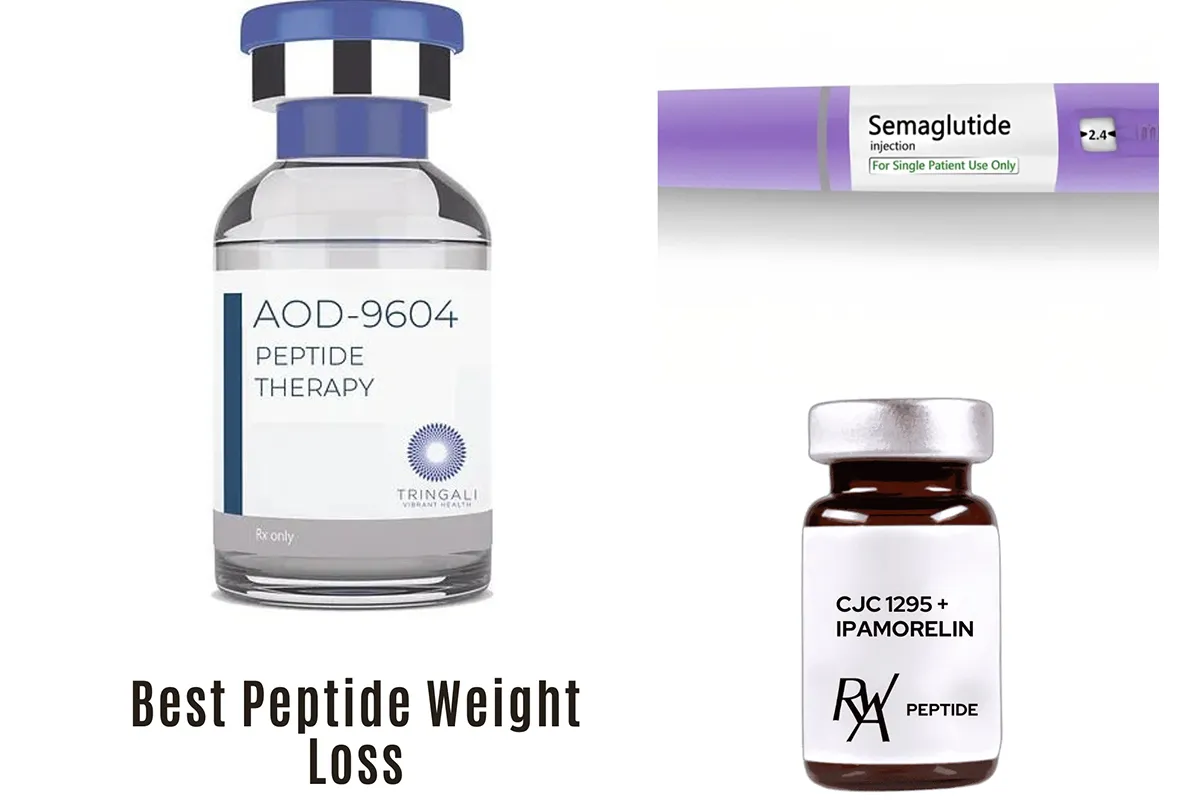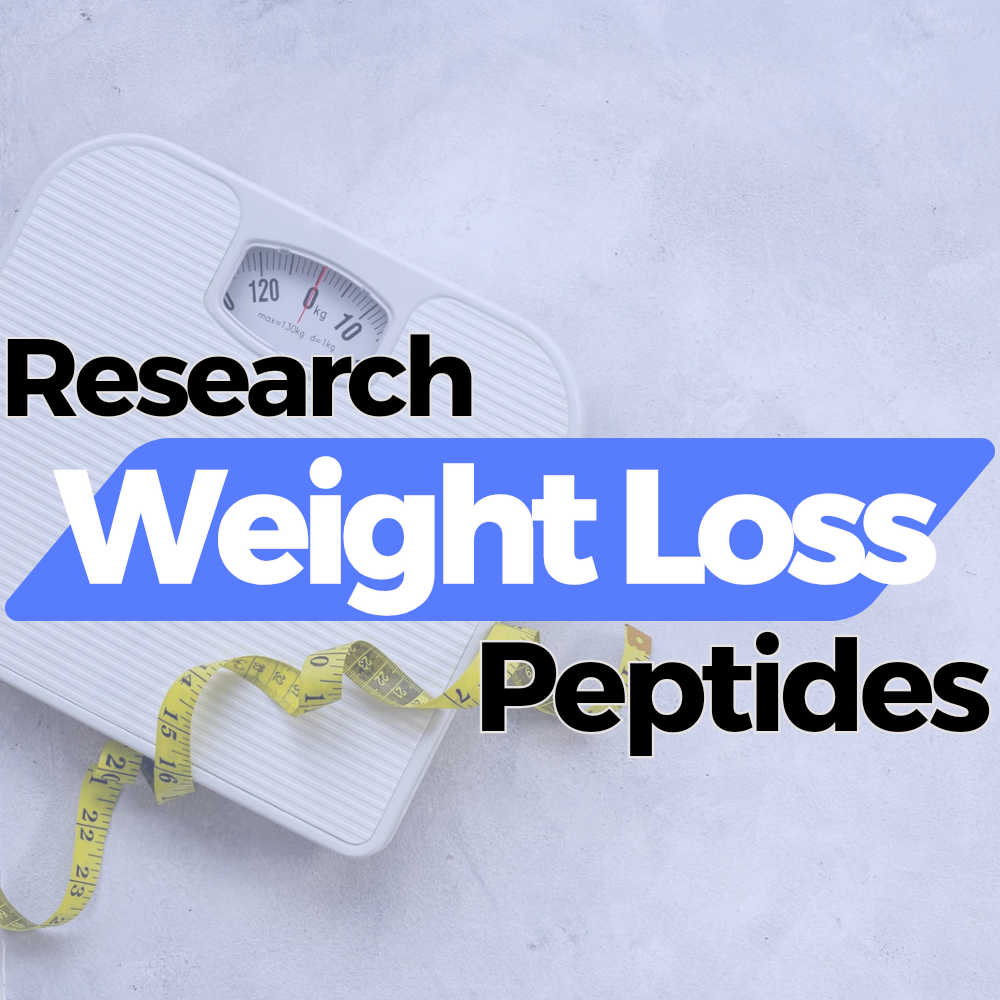Best Peptide For Female Fat Loss Over The Counter

The quest for effective and safe over-the-counter weight loss solutions is a persistent pursuit, particularly among women. Amidst a market flooded with supplements and diet fads, the discussion surrounding peptides as potential aids for fat loss has gained traction. But is there a single "best" peptide readily available, and what does the science say?
This article delves into the complex landscape of over-the-counter peptides marketed for female fat loss, examining their purported benefits, potential risks, and the regulatory environment governing their sale and use. It aims to provide an objective overview of available information, enabling readers to make informed decisions.
Understanding Peptides and Their Role
Peptides are short chains of amino acids, the building blocks of proteins. They play a crucial role in various biological processes, acting as signaling molecules, hormones, and enzymes.
The appeal of peptides for weight loss stems from their potential to influence metabolism, appetite, and muscle growth. However, it’s crucial to distinguish between prescription-only peptides used in clinical settings and those available over-the-counter.
Many readily available products marketed as "peptides" often contain amino acid blends or derivatives that are distinct from pharmaceutical-grade peptides. These are often marketed to boost HGH (Human Growth Hormone) or influence satiety.
Over-the-Counter Peptide Claims: Separating Fact from Fiction
The marketing of over-the-counter peptides for fat loss frequently touts benefits like increased metabolism, reduced appetite, and enhanced muscle mass. Claims are often made about their ability to target specific fat deposits, especially in areas like the abdomen and thighs.
However, rigorous scientific evidence supporting these claims for over-the-counter peptides is often lacking. Many studies focus on prescription-only peptides or animal models, making it difficult to extrapolate the findings to humans and readily available supplements.
The regulatory landscape surrounding these products is also a concern. The Food and Drug Administration (FDA) does not rigorously evaluate dietary supplements before they hit the market, leading to potential issues with product quality, purity, and accurate labeling.
Popular Over-the-Counter Peptides and Their Uses
Several ingredients are commonly marketed as over-the-counter peptides for weight loss, including variations of amino acid complexes and collagen peptides. Some products are positioned as boosting the body's natural production of growth hormone, indirectly assisting in fat loss.
Collagen peptides, while known for their potential benefits for skin and joint health, are sometimes promoted for their appetite-suppressing effects. While they may contribute to a feeling of fullness, their direct impact on fat loss is still debated.
Other blends of amino acids are sold as peptides aiming to mimic the effect of more potent, injectable peptides. These often contain ingredients like arginine, glutamine, and lysine, thought to stimulate growth hormone release.
Potential Risks and Side Effects
The use of over-the-counter peptides is not without potential risks. Side effects can vary depending on the specific product and individual sensitivities.
Common side effects reported include gastrointestinal issues such as bloating, nausea, and diarrhea. Allergic reactions are also possible, especially in individuals with sensitivities to specific amino acids.
Furthermore, the long-term effects of consuming high doses of certain amino acids are not fully understood. Interactions with other medications are also a concern, highlighting the importance of consulting with a healthcare professional before starting any new supplement regimen.
Navigating the Market: Advice for Consumers
Given the complexities and potential risks associated with over-the-counter peptides for fat loss, consumers should exercise caution and conduct thorough research before making any purchases. Seeking advice from a registered dietitian or physician is strongly recommended.
Carefully scrutinize product labels and claims, looking for evidence-based information and avoiding products with exaggerated or unsubstantiated promises. Look for products that have been tested by third-party organizations like NSF International or USP for quality and purity.
Be wary of products that make unrealistic claims or promise rapid weight loss without lifestyle changes. Sustainable weight loss is typically achieved through a combination of a balanced diet and regular exercise.
Conclusion: A Balanced Perspective
While the allure of over-the-counter peptides as a quick fix for fat loss is understandable, the scientific evidence supporting their efficacy remains limited. The risks associated with these products should not be overlooked.
A holistic approach to weight management, focusing on healthy eating habits, regular physical activity, and professional guidance, is generally more effective and sustainable. The promise of a single "best" peptide readily available for purchase is, at best, an oversimplification of a complex physiological process.
Consumers should approach claims about over-the-counter peptides with skepticism and prioritize their health and well-being by making informed decisions based on sound scientific evidence and professional advice. Always consult with a healthcare professional before starting any new supplement regime. The path to healthy weight loss is often paved with sustained effort and lifestyle adjustments, rather than a single magic bullet.


















